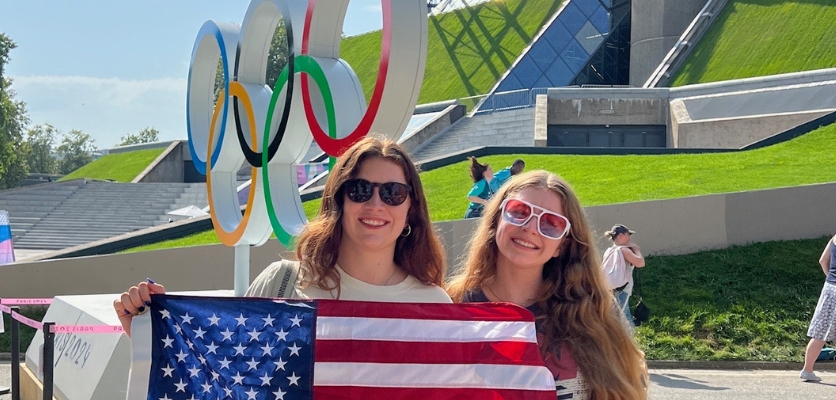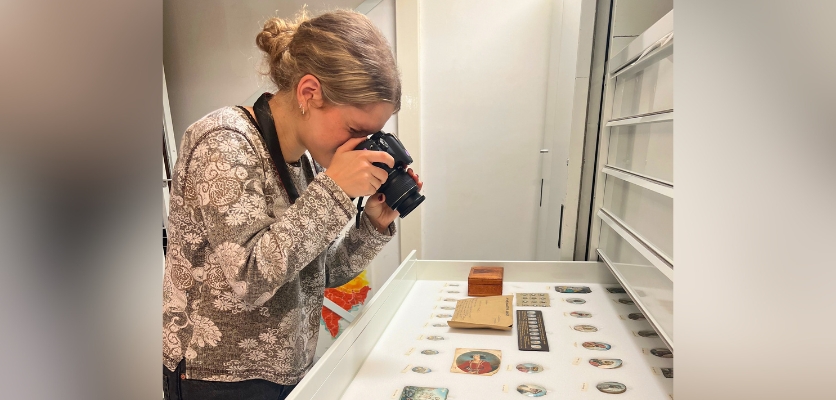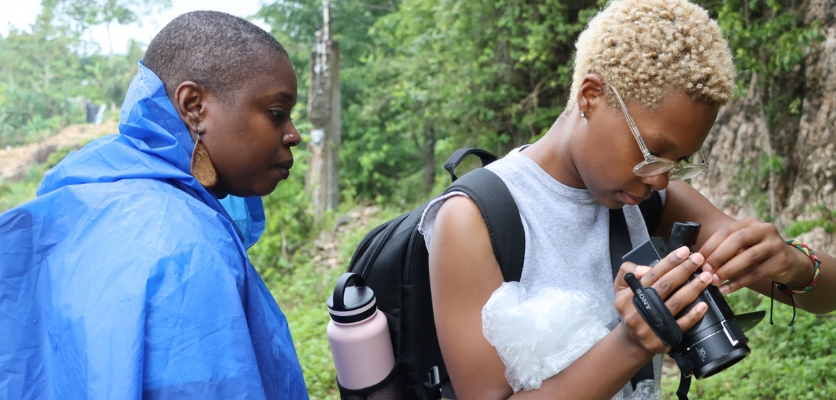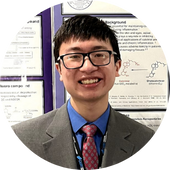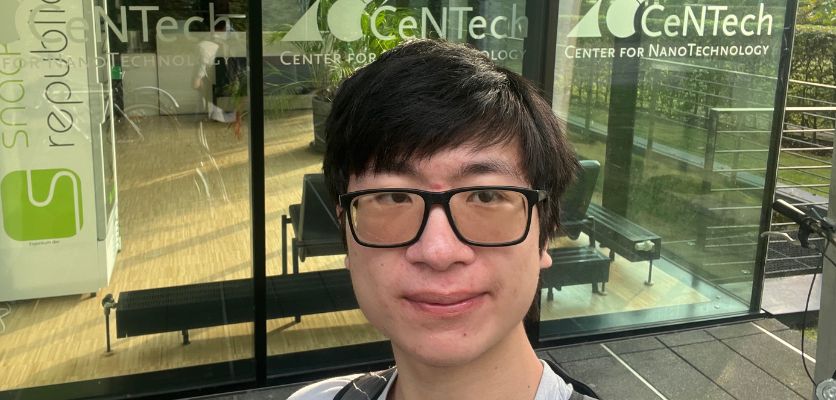Buffett Q&A: Reflections from Our Inaugural Buffett Undergraduate Research Fellows
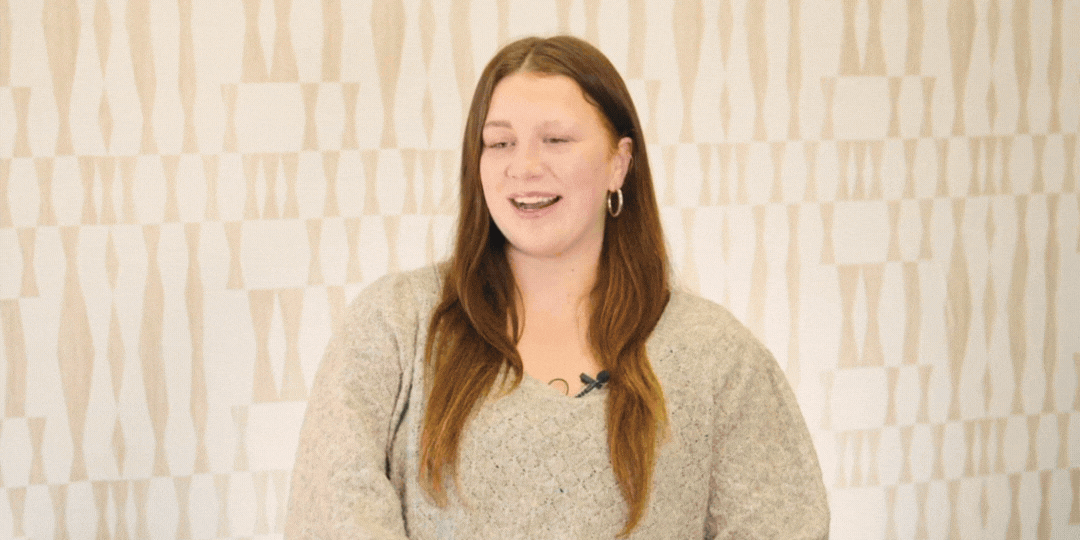
Launched in 2024, the Buffett Undergraduate Research Fellowship Program is an opportunity for Northwestern University undergraduates to join a faculty mentor’s international research project and to learn how collaborative research is conducted across disciplines. For the program's inaugural cohort, the Buffett Institute matched 32 undergraduates with research assistantships on 21 faculty members' projects spanning 16 disciplinary departments across six schools at Northwestern.
Supported by the Buffett Institute, these undergraduate research fellows gained skills in data collection, literature review, transcription, translation, and other key research tasks. Through the fellowship, students learn firsthand how to conduct rigorous research alongside Northwestern faculty while addressing pressing global issues including climate change, the global hydrogen economy, Black Power in Britain, newborn mortality, Indigenous Peoples’ rights, and the current state of foreign journalism.
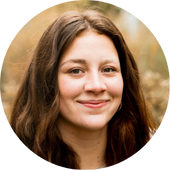 Cansada (Sadie) Barlow
Cansada (Sadie) Barlow
Economics and International Studies, Weinberg College of Arts and Sciences '26
As a Buffett Undergraduate Research Fellow, Sadie Barlow spent her summer working with Ian Hurd, Professor of Political Science, examining the concept of world order through a skeptical lens.
“Professor Hurd has a real knack for describing not only how the world works objectively, but asking questions to understand how the world came to be that way. This led us to focus our work on global order and sovereignty,” shared Barlow.
Her fellowship coincided with the 2024 Olympic Games in Paris, which led Hurd and Barlow to questions about global sports governance. They examined issues such as who gets to participate in the Olympics and how these decisions reflect global power dynamics. "There are more teams that play in the Olympics than United Nations members," she pointed out. "We asked, how does that work?"
Barlow at the 2024 Olympic Games in Paris.
Barlow and Hurd co-authored three op-eds in the Chicago Tribune exploring how global order is established—or, in some cases, left unresolved—in the Olympic Games. Topics included gender testing, addressing international warfare, and the structure and influence of the International Olympic Committee.
Barlow’s fellowship culminated with a trip to share their research with fellow political scientists. “We brought it to the American Political Science Association Conference in Philadelphia and were among a group of panelists asking similar questions about hybrid sovereignty,” she said.
“Being a part of this research project opened my eyes to how useful this kind of research is and how it can be adapted and shaped into both op-eds and more academic formats,” Barlow reflected. “Having worked on this project, I am only more certain that I want to involve research in my career.”
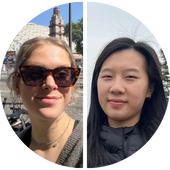 Elizabeth Lowry
Elizabeth Lowry
Journalism, Medill School; English Literature, Weinberg College of Arts and Sciences '26
Vicky Wang
Art History, Weinberg College of Arts and Sciences '27
Vicky Wang and Elizabeth Lowry spent the past year working as Buffett Undergraduate Research Fellows under the mentorship of Yuthika Sharma, Assistant Professor of Art History.
“We supported Professor Sharma’s book project investigating the intersections of imperialism, colonialism, artisanship, and questions of sovereignty by examining the work of Indian painters in the 18th century,” shared Lowry.
Wang explained, “Our project looked at a group of Delhi painters who worked for both the Mughal Empire and the British East India Company. Instead of just showing a reflection of colonialism or resistance against it, we saw a balance in how the artists subtly rebelled against colonialism in this period.”
Lowry photographing artifacts while conducting archival research in Europe.
Both students took on unique and meaningful roles throughout the fellowship. Wang focused on organizing archival materials and developing foundational research skills while Lowry conducted research abroad, traveling to London and Paris to work in archives. “Independent research and international travel can seem isolating, but I learned it’s never truly independent,” Lowry reflected. “There’s a network of scholars, peers and even strangers who support you along the way.”
Wang noted that the experience motivated her to write a senior thesis. “Working closely with a professor over the course of nearly a year taught us so much about history, research, and ourselves,” she said.
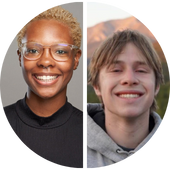 Atarah Israel
Atarah Israel
Journalism, Medill School; English, Weinberg College of Arts and Sciences '26
Luke Jordan
Journalism, Medill School; International Studies, Weinberg College of Arts and Sciences '25
Atarah Israel and Luke Jordan spent last summer as Buffett Undergraduate Research Fellows under the mentorship of KB Dennis Meade, Assistant Professor of Religious Studies, where they helped produce a documentary focused on a Revivalist religious community in Jamaica, synthesizing Kongo-derived spiritual traditions and colonial religions.
“Revivalism is a religion indigenous to Jamaica that invokes Baptist, Methodist, and African spiritual traditions. It’s very syncretic,” Jordan explained. “Because it’s so understudied, our documentary will help scholars understand how grief practices play out within modern revivalist communities.”
Israel added, “The main focus of this project was to document how this community mourns one of their religious leaders who recently passed away. Through that process, we also learned about the history of colonialism in Jamaica.”
Israel capturing behind-the-scenes footage alongside Professor Dennis Mead during documentary filming in Jamaica.
Jordan shared, “When I started this project, I had no prior knowledge of revivalism. Professor Dennis Meade walked me through how to begin studying this religion and understand it well enough to meaningfully contribute to the project. I learned through this research project that new experiences shouldn't scare me off and should instead encourage and excite me to learn more. That lesson will stick with me after graduation.”
For Israel, the biggest takeaway was learning how to work in collaboration with foreign communities. “Everyone on the team approached the project with such deep respect,” she said. “It turned this from just a documentary into a human experience. Coming into college, I never thought I’d work on a documentary like this. It showed me the kinds of stories I want to tell—stories about the African diaspora, about care, about community. It’s had a huge impact.”
Vincent Xiong
Chemistry, Weinberg College of Arts and Sciences '26
Vincent Xiong worked with SonBinh Nguyen, Professor of Chemistry, to explore possibilities for creating a supramolecule designed to effectively deliver drugs to injured tissue sites to promote healing. The project included a collaboration with the University of Münster in Germany, where Xiong traveled to work directly with their researchers.
After meeting the University of Münster's Cristian Strassert, Professor of Coordination Chemistry and Functional Imaging, at the Northwestern/Münster Symposium on Smart Materials in 2023, Xiong and Nguyen wanted to experiment with incorporating some of Strassert's luminescent chemical compounds to help better track their supramolecule — a very large molecule that is built from many smaller ones — as they enter tissue.
"As part of my project, I would characterize the properties of the materials I made with specialized instrumentation that could only be found in Professor Strassert's lab in Münster," shared Xiong. "I traveled to Münster to not only utilize these instruments, but to learn how to make the materials I desired to study under direct tutelage of Professor Strassert and his research group."
Xiong at the Center for NanoTechnology in Münster.
While in Münster, the research team invited Xiong to accompany them to a conference in Cologne. "It was an enriching experience to hear what research groups from universities across Germany were focusing on and the interesting directions they were taking their work," said Xiong.
Working in Münster exposed Xiong to not only a different subfield of chemistry, but a new work culture and work environment. "I adapted to a new group culture, worked with many new people, and overall became more open and flexible not only with the way I thought about chemistry, but also in the other parts of my life," Xiong reflected.

